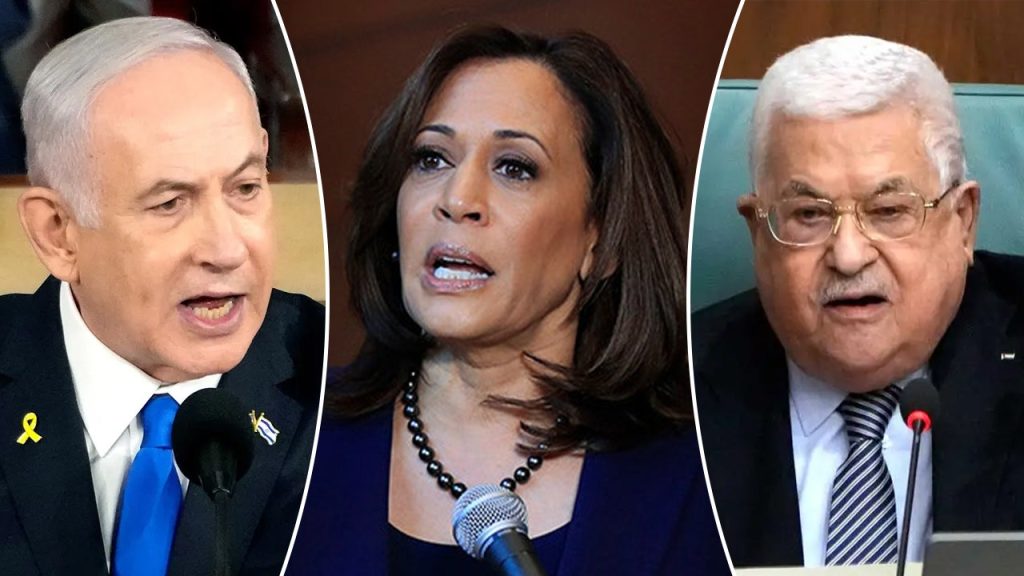Vice President Harris’s endorsement of a Palestinian state has been a topic of contention, with Israeli and American experts warning that it could bring about additional terrorism and instability in the Middle East. The two-state solution, which involves creating an independent Palestinian state on Israel’s borders, has faced criticism for being impractical due to multiple Palestinian rejections of peace offers and the support for extremist groups like Hamas among the Palestinian population. Former President Trump’s administration and Israeli officials have expressed concern that pushing for a Palestinian state could lead to more terror and unrest in the region.
David Friedman, Trump’s former ambassador to Israel, has criticized the two-state solution, calling it a failed theory that would bring more terror and misery if implemented. He believes that the focus should be on empowering Israel to find a workable solution on its own rather than imposing external solutions that may exacerbate existing issues. Similarly, Jonathan Conricus, a former IDF combat commander, has pointed out that the rejectionism of the Palestinian leadership has eroded support for the peace process in Israel and made it clear that peace may not be achievable through traditional means.
The Palestinian Authority, led by Mahmoud Abbas, has been a major recipient of funding from the US, despite concerns about the PA’s support for convicted terrorists and their families. Abbas’s statements against the US and Israel, as well as his controversial remarks about the Holocaust, have raised doubts about his commitment to peace and moderation. The PA’s support for convicted terrorists through the “pay for slay” system, which provides financial incentives to terrorists and their families, has also drawn criticism from Israeli and American observers.
Despite the challenges and criticism surrounding the two-state solution, some experts believe that it remains the best path to achieving lasting peace between Israel and the Palestinians. Joel Rubin, a former US deputy assistant secretary of state, argues that a two-state solution is essential for providing long-term security and stability to both Israel and the Palestinians. While acknowledging the difficulty of reaching a peaceful endgame, Rubin emphasizes the importance of diplomatic compromise and political will in achieving a lasting resolution to the conflict.
Vice President Harris’s endorsement of a two-state solution has been a point of contention, with critics questioning the viability of such a plan given the current political realities in the region. While some see it as a potential path to peace, others warn that implementing a Palestinian state could lead to further destabilization and violence. As global leaders grapple with the complexities of the Israeli-Palestinian conflict, finding a sustainable solution that addresses the concerns of both parties remains a key challenge. Harris’s support for a Palestinian state underscores the complexity and sensitivity of the issue, which will require careful diplomacy and negotiation to resolve.


